A quick look at any celebrity tabloid magazine will show you that various celebrities like Christian Bale and George Clooney frequently wear monochromatic looks on the red carpet and elsewhere. And let’s not forget the tone-on-tone look popularized by Regis Philbin around the turn of the millenium–it even spawned a clothing line from Van Heusen! But our question today is whether these sorts of looks have any place in the wardrobe of a gentleman who follows the tenets of classic style, and if there are better types of outfits that could still be considered monochromatic.
What Does “Monochrome” Mean?
The word “monochrome” is derived from the Greek “monokhrōmatos” meaning, of a single color. Actually, the word “of” is important to latch onto here. It suggests that all of the elements of color may not be exactly the same, but are just derived from the same source color. Another definition of monochrome is used more in fields like photography, meaning something that is rendered in black and white. However, in the world of menswear, black-and-white looks correspond more to evening formal wear like black and white tie, so we won’t be talking about them here.
Monochrome Menswear
So, what are we then considering a monochromatic look to be? Essentially, it’s a look that is, again, derived from one color. However, not all elements of the outfit have to be in exactly the same tone, like all black or all navy, for example. Rather, said elements can use tints or shades of that color. A tint is where white is added to the regular hue, and a shade is where black is added. For more color theory, check out our color wheel overview.
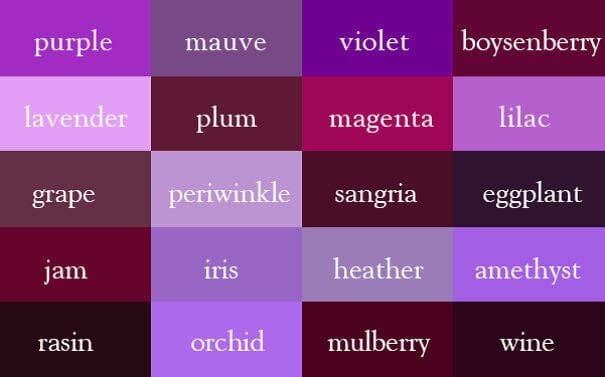
In addition to it being a misconception that a monochromatic outfit must feature pieces that are all in exactly the same shade, it’s also a misconception that everything in the outfit has to be a solid. You can incorporate patterns and textures into different garments–more on that below.
Do’s and Don’ts for Monochromatic Outfits
Don’t: Wear Exactly the Same Shade or Tint
Let’s use the aforementioned all-black or all-navy outfits as examples here. One of the reasons why you should avoid attempting a look like this is that it is going to be extremely difficult to match the blacks and navies in the same outfit between different garments. This is because different garments are composed of different fabrics and are also dyed differently. If they are not coming from the same manufacturer or are in the same fabric treated with the same dye, their color won’t be exactly the same.
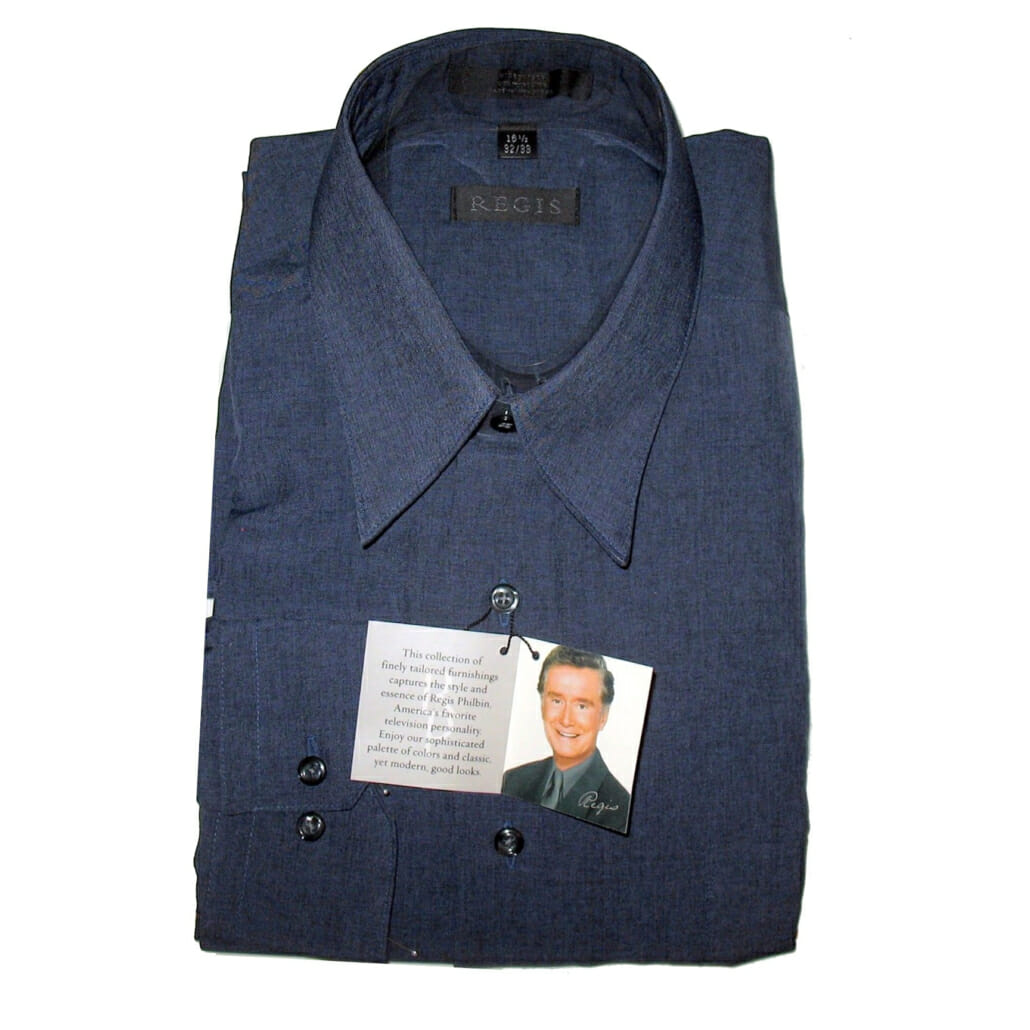
The fact that you’re going to be wearing various garments that are almost the same color, but not exactly so, will leave people thinking something is just a bit off about your outfit–refer again to the photo of Christian Bale featured above. Another reason to avoid looks of this nature: if your outfit is comprised of all elements of one single color, your body is just going to recede in photographs. You will look like one large mass and there won’t be any definition to your form.
Do: Try To Experiment with Patterns and Textures
With exceptionally dark colors like black and navy, patterns and textures aren’t going to stand out that much, so trying to incorporate some visual interest using these techniques won’t help if your base color is exceptionally dark. Trying to assemble a truly monochromatic outfit like this can be seen as sort of an “easy out” in the fashion world, but isn’t great for the reasons we’ve outlined above. In other words, Christian Bale’s all-black red-carpet look and Regis Philbin’s Who Wants To Be a Millionaire? wardrobe aren’t really smart style choices. No disrespect to either of these talented guys, though!
Do: Choose A Base Color That’s Not Too Bold
For a more monochromatically inspired outfit, we recommend that you try to choose a base color that is not so bold. For example, instead of centering a monochromatic outfit around black, think about using the grayscale more broadly. In addition to the grayscale, you could base a monochromatic outfit around staple colors in menswear like blue or brown, or also go for something like green or even burgundy. Phrased another way, it’s easy to assemble monochromatically inspired outfits around neutral tones or tones that occur in nature.
Do: Wear Different Tints and Shades of Your Base Color
Also, we recommend that you wear various shades and tints of your base color in a monochromatic outfit. Varying the brightness of your source hue in an outfit is going to keep everything in the same harmonious overall mode of color, but it will also provide some definition and visual interest between the various elements in your outfit. And as we said before, do try to experiment with textures and patterns in your monochromatically inspired outfits.
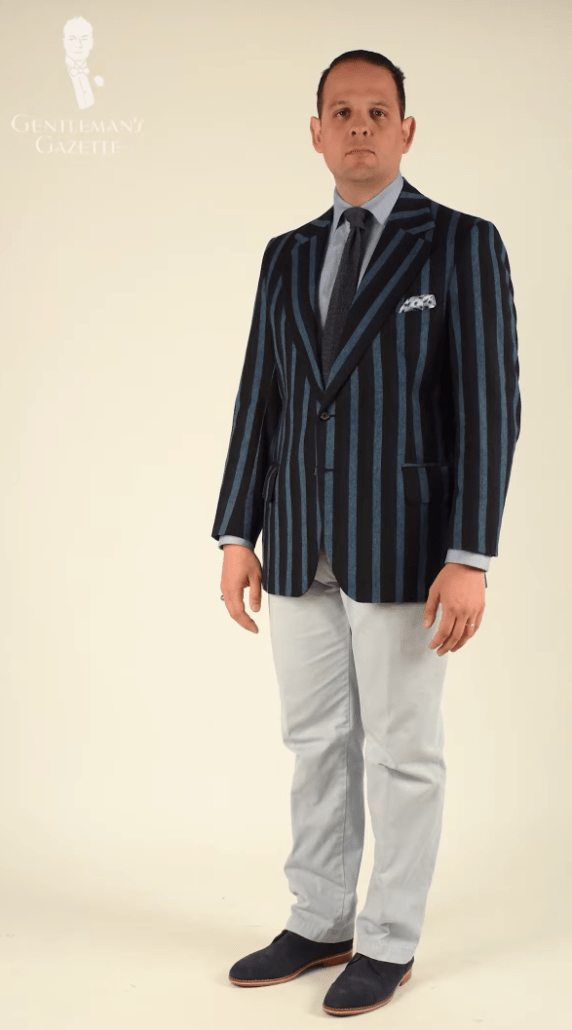
Don’t: Put On Too Many Layers
As you’re trying to maintain harmony between the different pieces but also stay centered around the base hue, the difficulty will increase with the more pieces you add. Also, if you’re incorporating patterns and/or textures: the more garments you add, the more difficult it is going to be to keep everything harmonious. Sometimes, if you are going for a monochromatically inspired look, it’s better to keep things simpler.
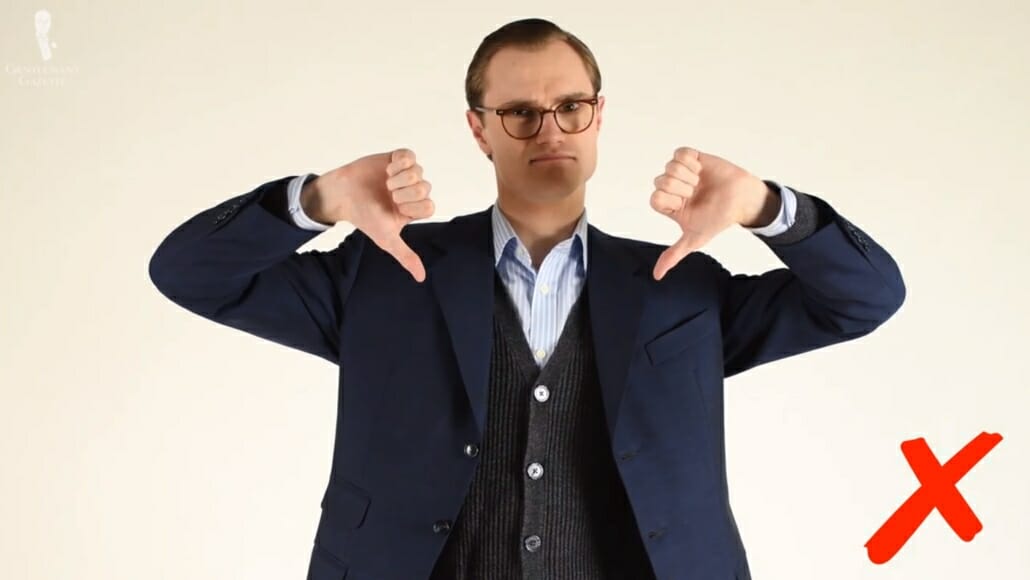
CONCLUSION
With all that said, though, our final “don’t” today is this: don’t feel like you have to rigidly stick the rules we’ve outlined. While we do think that the guidelines we’ve put forward will help you to successfully build monochromatic outfits that look good, at the end of the day you can still wear whatever you think will make you look best. After all, if what you’re wearing is making you feel confident and more like yourself, that’s the main objective.
Do you find these styling tips helpful? How do you assemble monochromatic outfits? Share with us in the comments below!
from Gentleman's Gazette https://ift.tt/2CyOXHG

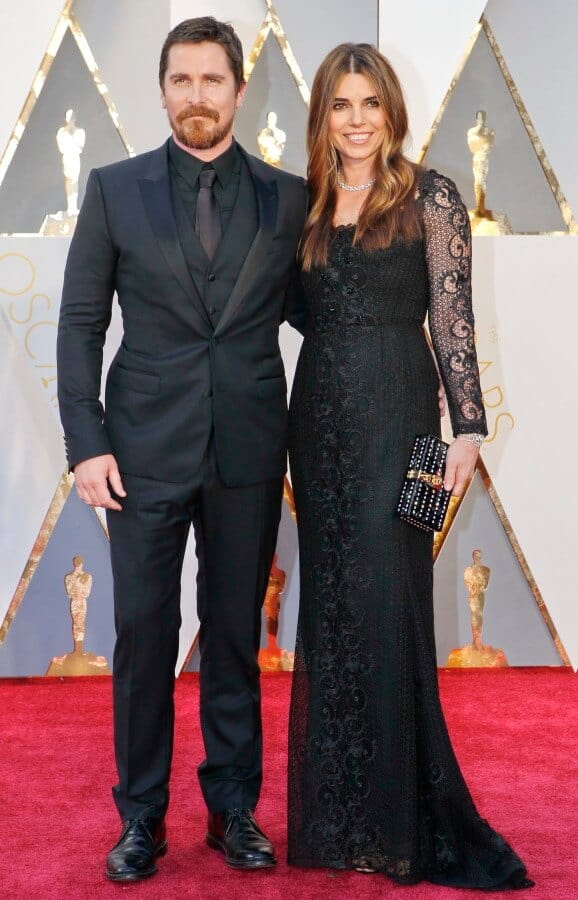
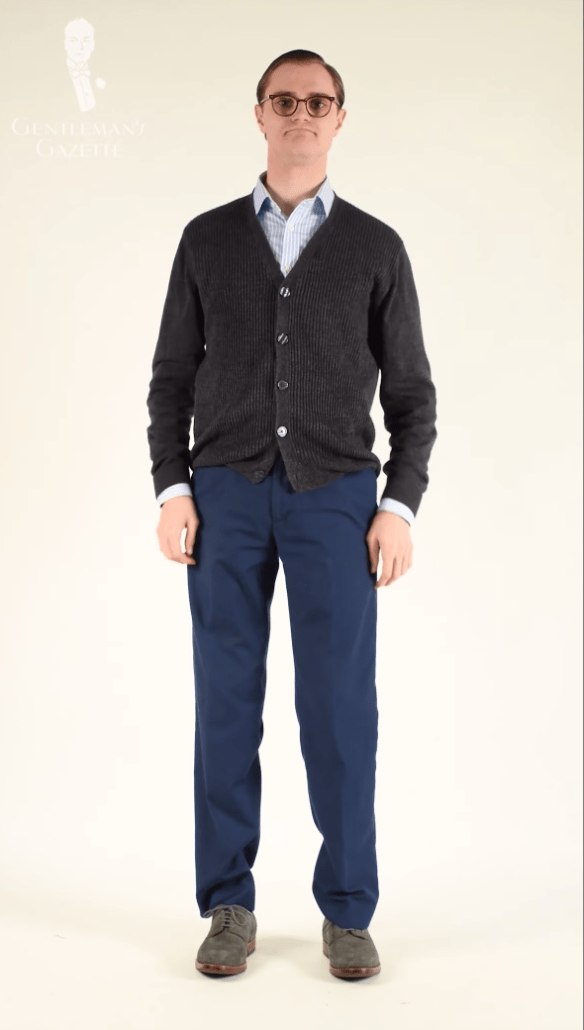
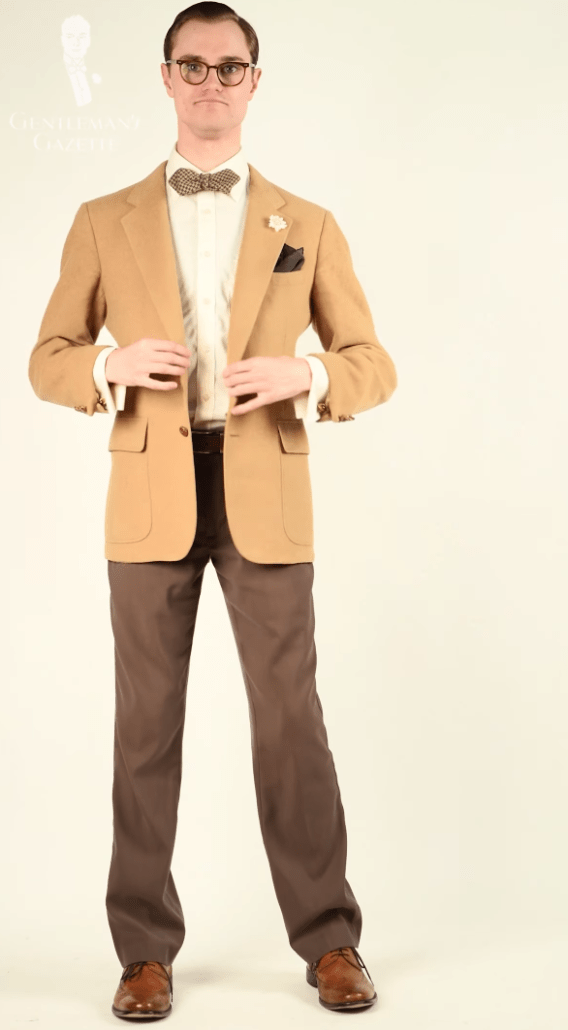


0 Comments